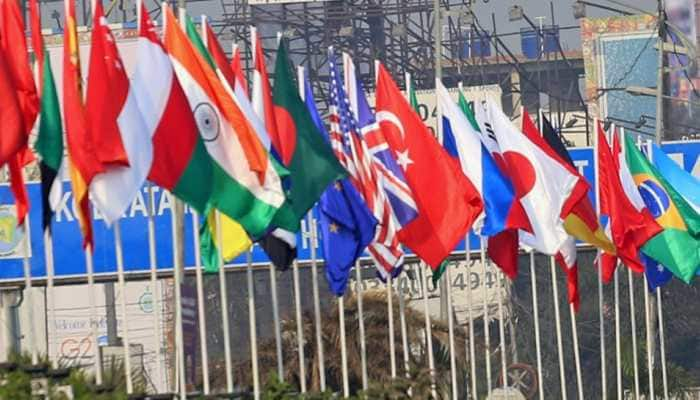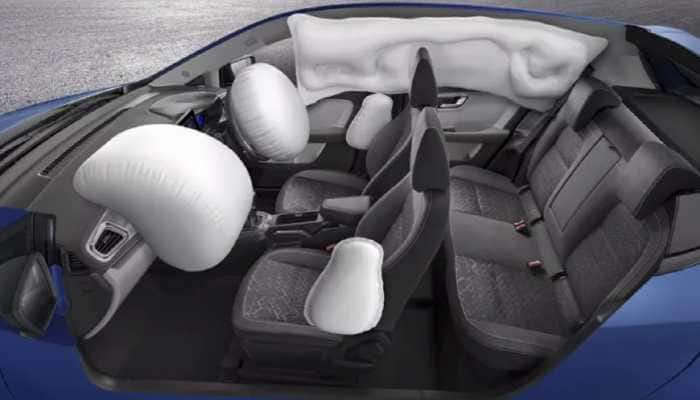GST Council need to review embedded taxes on exports: Economic Survey
In June 2016, the Cabinet announced a Rs 6,000 crore package for the apparel sector.
Trending Photos
)
New Delhi: The GST Council should review the embedded taxes on exports arising from products falling under the new indirect tax regime or those outside its purview like petroleum and electricity as eliminating them could help boost manufacturing shipments, the Economic Survey said today.
The policy implication is based on an analysis of whether export incentives work, entailing detailed examination of the Rs 6,000 crore package for the apparel sector announced in June 2016, which revealed that while exports of readymade garments (RMG) made of man-made fibres (MMFs) increased, the package did not have a statistically positive impact on RMG made of other fibres like silk and cotton.
The survey also highlighted that India has not been able to leverage the opportunity arising from China's share of global apparel exports coming down in recent years, due to its competitors Bangladesh, Vietnam, Ethiopia having duty free access to markets of EU and USA, high domestic taxes on manmade fabrics vis a vis cotton fabrics, stringent labour laws and high logistics cost.
"A policy implication is that the GST Council should conduct a comprehensive review of embedded taxes arising from products left outside the goods and services tax (petroleum and electricity) and those that arise from the GST itself.
"This review should lead to an expeditious elimination of these embedded export taxes, which could provide an important boost to India's manufacturing exports," said the Survey.
The 2017-18 survey tabled in Parliament by Finance Minister Arun Jaitley also called upon the GST Council to review the taxes that arise from the indirect tax regime itself, like input tax credits that get blocked because of 'tax inversion' whereby taxes further back in the value chain are greater than those up the chain.
The analysis also revealed that positive impact of the package on MMF-RMGs increased gradually and by September 2017, the cumulative impact was about 16 percent over other groups.
The positive impact on RMGs made of MMF after the package emerges starkly, revealed the analysis comparing the growth in clothing exports to other labour-intensive and manufacturing goods, which did not receive ROSL.
In June 2016, the Cabinet announced a Rs 6,000 crore package for the apparel sector. The largest component of the package were rebates on state levies (ROSL) to offset indirect taxes levied by the states (the VAT) that were embedded in exports.
The ROSL was over and above the duty drawbacks and other incentives like Merchandise Exports from India Scheme that were given to offset indirect taxes embedded in exports. Prior to the package, duty-drawbacks were between 7.5 percent to 9.8 percent for apparels. After the package, the ROSL increased export incentives by between 2.8 percent to 3.9 percent.
Stay informed on all the latest news, real-time breaking news updates, and follow all the important headlines in india news and world News on Zee News.
Live Tv







)
)
)
)
)
)
)
)
)
)
